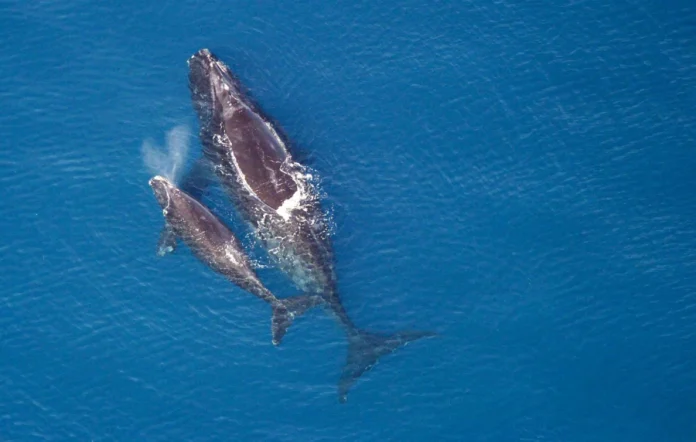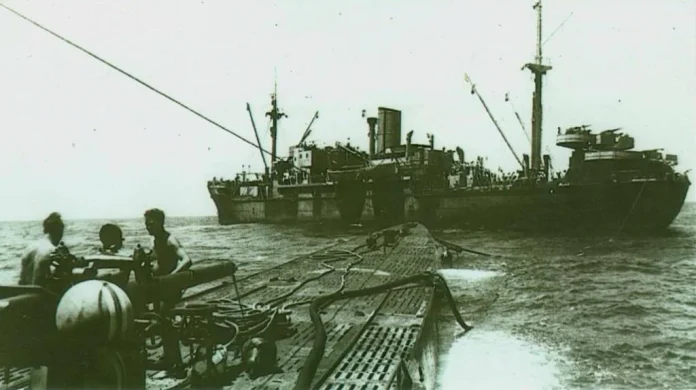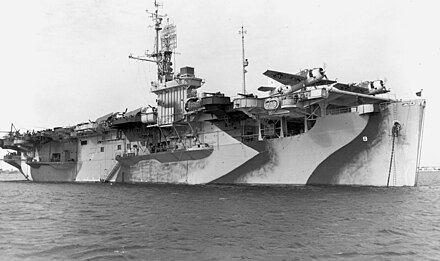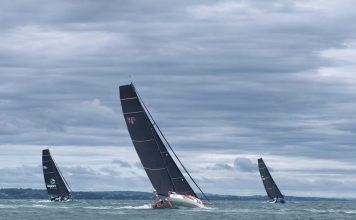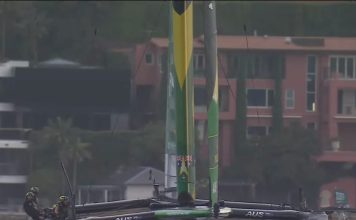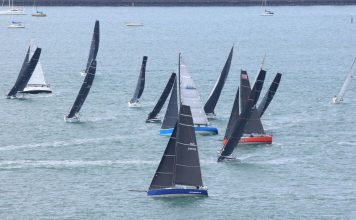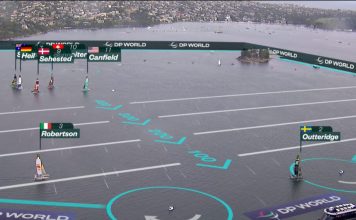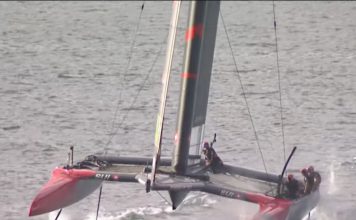The origins of the IWC
The mid-20th century was a pivotal time for marine ecosystems. Industrial whaling, powered by modern technology, had led to a sharp decline in whale populations. Iconic species, from blue whales to sperm whales, faced unprecedented threats as global demand for whale oil, meat, and other products surged.
Recognising the urgency of the crisis, the International Convention for the Regulation of Whaling was signed in Washington, D.C., on 2 December 1946. Its primary goal was to regulate whaling practices and prevent overexploitation of whale stocks. This marked the birth of the IWC, tasked with overseeing the conservation of whale populations and coordinating international efforts for sustainable management.
The IWC’s early years
In its early years, the IWC was primarily focused on managing whaling quotas to ensure the industry’s long-term viability. However, the organisation faced challenges, as nations continued to prioritise economic gains over ecological sustainability. Whaling remained an essential industry for many countries, and enforcement of the IWC’s guidelines proved difficult.
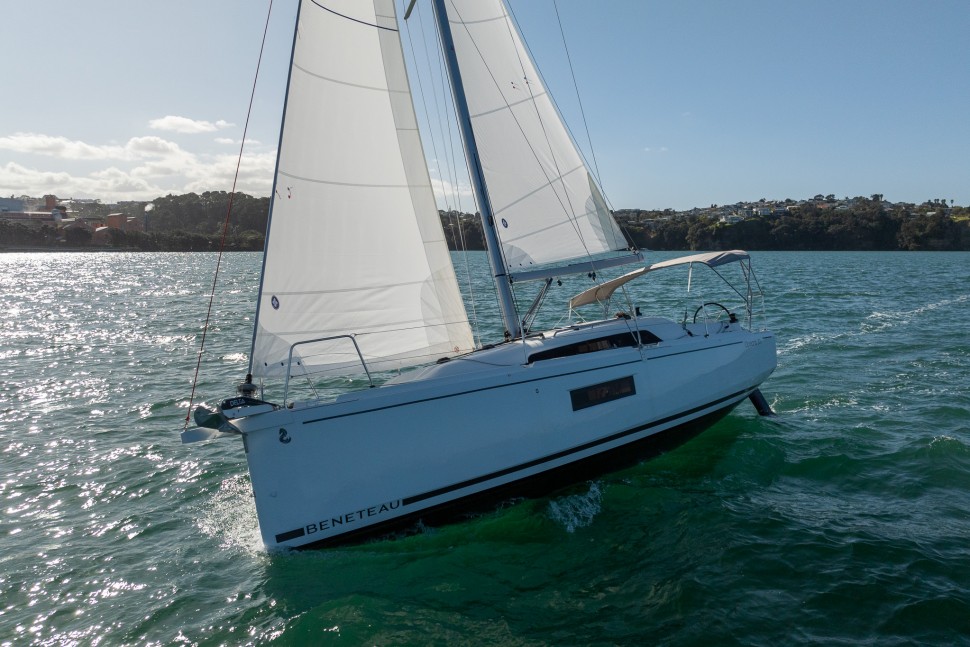
A shift in focus
By the 1970s, attitudes toward whaling began to change, driven by growing awareness of environmental issues and the mounting evidence of whale population declines. Conservationists, scientists, and non-governmental organisations pressured the IWC to take stronger action.

This shift culminated in the adoption of the 1982 moratorium on commercial whaling, which effectively transformed the IWC’s role. No longer just a regulator of the whaling industry, the commission became a key player in marine conservation, working to protect whale populations worldwide.
New Zealand’s connection to the IWC
New Zealand has been an active member of the IWC since its inception and has played a significant role in its evolution. The nation’s strong anti-whaling stance, coupled with its commitment to marine conservation, has made it a leading voice in the global effort to protect whales. From establishing marine sanctuaries to advocating for stricter protections, New Zealand continues to uphold the values that inspired the IWC’s creation.
The IWC today
Today, the IWC focuses on a wide range of issues, including whale conservation, research, and the management of human-induced threats such as ship strikes and entanglement in fishing gear. While the commission has faced criticism and resistance from pro-whaling nations, it remains a vital forum for international collaboration on marine conservation.

Why 2 December 1946 matters
The formation of the IWC was a turning point in humanity’s relationship with the ocean. It demonstrated the potential of global cooperation in addressing environmental challenges and laid the groundwork for modern conservation efforts.
As we reflect on this historic date, it’s clear the IWC’s mission is as relevant as ever. Protecting whales isn’t just about preserving majestic creatures—it’s about safeguarding the health of marine ecosystems and, by extension, the planet itself.









